On June 14, 2019, 2019 Education Law was officially passed by the National Assembly. Thu Ky Luat would like to send our customers and members a summary of the prominent new points that every teacher needs to know as stipulated in this Law.
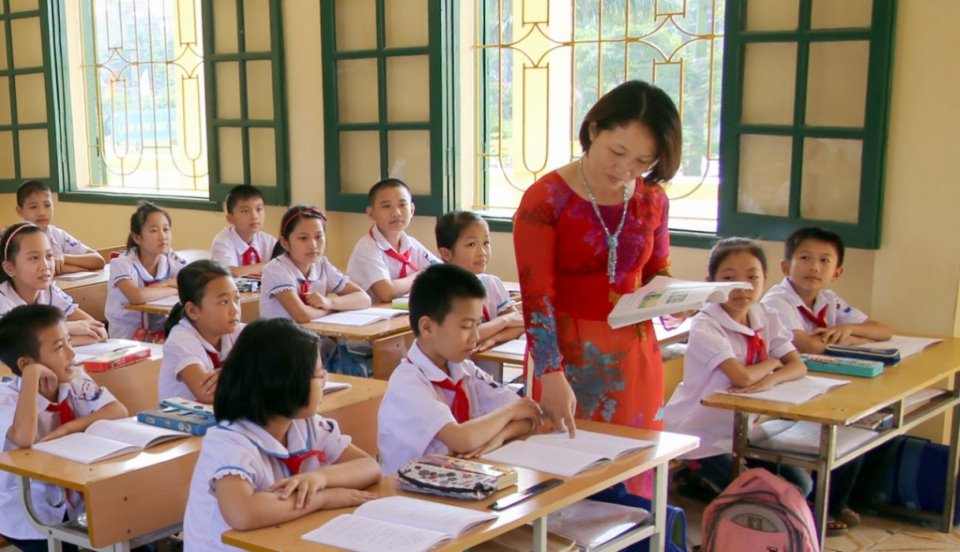
08 notable highlights of the Education Law 2019 that every teacher should know - Illustrative image
1. From July 1, 2020, primary and secondary school teachers must have at least a bachelor's degree in education
Education Law 2019 has raised the standard training level for preschool, primary, lower secondary teachers, and university lecturers.
To be specific, the Law stipulates that the standard training level for preschool teachers is raised from intermediate pedagogy to college pedagogy, primary school teachers from intermediate pedagogy to a bachelor's degree in educational training, and lower secondary school teachers from college pedagogy to a bachelor's degree in educational training.
In cases where there are not enough teachers with a bachelor's degree in educational training for a subject, the teacher must have a suitable bachelor's degree and a pedagogical training certificate.
For university lecturers, the Law requires a standard training level from university to master's degree.
For teachers teaching in vocational education institutions, the implementation will follow the Vocational Education Law.
2. Pedagogy students will be supported with tuition fees and living expenses throughout their studies
This is a notable provision stipulated in Article 85 of the Education Law 2019. From July 1, 2020, pedagogy students will be supported with tuition fees and living expenses throughout their studies.
Additionally, pedagogy students in particular and other students in general will benefit from policies for learners as stipulated, such as:
- The State has a policy to grant scholarships to encourage study for students who achieve excellent academic results at specialized schools and gifted schools as stipulated in Article 62 of this Law, and learners with good or better academic and training results at vocational education institutions and higher education institutions; provide policy scholarships for students under compulsory recruitment, students of preparatory universities, ethnic boarding high schools, and learners in vocational education institutions for war invalids and people with disabilities.
- The State has a policy of subsidies and tuition fee exemptions or reductions for learners who are subjects of social policies, ethnic minorities in areas with particularly difficult socio-economic conditions, orphans, homeless children, people with disabilities, people from poor and near-poor households.
3. Pedagogy students must reimburse tuition if they do not work in the education sector
This continues to be an important new provision stipulated in the Education Law 2019.
Pedagogy students who receive tuition fee and living expense support throughout their studies must reimburse the supported amount if, within 2 years of graduation, they do not work in the education sector or do not work for the stipulated period. The reimbursement period is a maximum of the training duration.
4. Teachers are prioritized to receive special allowances and ranked salaries based on job positions
Article 76 of the Education Law 2019 stipulates that teachers are categorized into salaries suitable for job positions and professional work. They are prioritized to receive special occupational allowances as regulated by the Government of Vietnam.
This is a new provision, as compared to the Education Law 2005, which only stipulates that teachers receive salaries and occupational preferential allowances and other allowances as regulated by the Government of Vietnam.
5. Prohibition of teachers exploiting funding and educational support to force contributions of money/materials
This is one of the prohibited actions in educational institutions as stipulated in the Education Law 2019.
From July 1, 2020, all teachers are not allowed to exploit funding and educational support to force contributions of money/materials. This new provision is added in the Education Law 2019; the current Education Law 2005 does not stipulate this issue.
Additionally, the Education Law 2019 also stipulates other prohibited acts in educational institutions, such as: Prohibiting insults to the dignity, honor, and physical assault of teachers, educational staff, and students; prohibiting distortion of educational content; prohibiting cheating in studies, examinations, and recruitment; prohibiting smoking, drinking alcohol, beer; disrupting security, order; and prohibiting forcing students to take extra classes for money.
6. Adding the type of non-profit private schools
In addition to public, semi-public, and private institutions as stipulated in the current Education Law 2005, the Education Law 2019 has added regulations for non-profit private schools.
To be specific, non-profit private schools are schools where investors commit and fulfill their commitments to operate non-profit, as recorded in the establishment or transformation decision; operate non-profit, do not withdraw capital, do not enjoy dividends; and the accumulated annual profit belongs to the collective ownership, undivided to further invest in school development.
Additionally, the Law supplements principles for converting the type of school from a private to a non-profit private school.
7. Tuition fee exemption for secondary and preschool students on a phased schedule from July 1, 2020
According to the Education Law 2019, from July 1, 2020, primary school students in public educational institutions do not have to pay tuition fees.
In areas without enough public schools, primary school students in private educational institutions will be supported by the State with tuition fees, with the level of support determined by the provincial People's Council.
For 5-year-old preschool children in especially difficult communes, ethnic minority areas, remote and mountainous areas, coastal and island areas, they will be exempt from tuition fees.
Other 5-year-old preschool children and lower secondary school students will be exempt from tuition fees according to a schedule stipulated by the Government of Vietnam.
8. From July 1, 2020, each common education subject will have one or multiple textbooks
According to the Education Law 2019, from July 1, 2019, each general education subject will have one or multiple textbooks, implementing private investment in compiling textbooks; the publishing of textbooks will follow legal regulations.
Regarding the authority to decide the selection of textbooks, the Law assigns the provincial People's Committee to decide on the selection of textbooks to be used consistently in general educational institutions in the area according to the regulations of the Minister of Education and Training.
The Law also clearly stipulates that the National Council for Appraising General Education Textbooks will include teachers, educational managers, scientists with experience and reputation in education, and related parties. Notably, the Council must have at least one-third of its members as teachers currently teaching at the corresponding education level.
Nguyen Trinh
 Article table of contents
Article table of contents
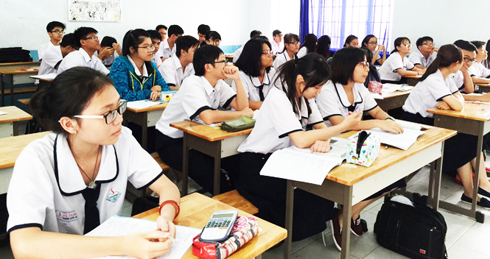
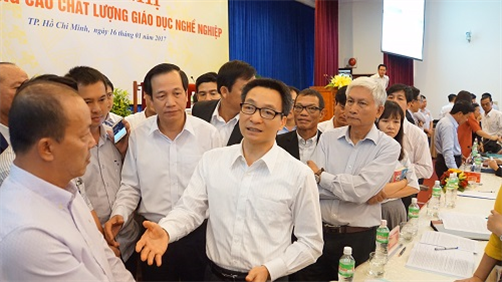
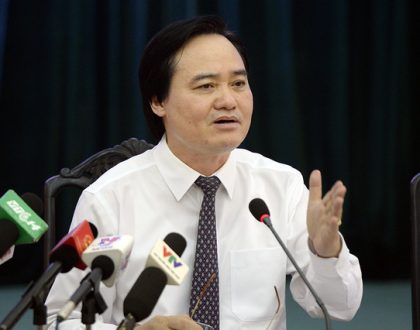
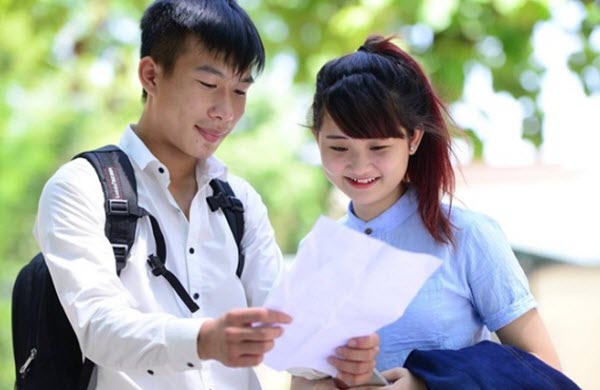

.Medium.png)
.Medium.png)
.Medium.png)
.Medium.png)
